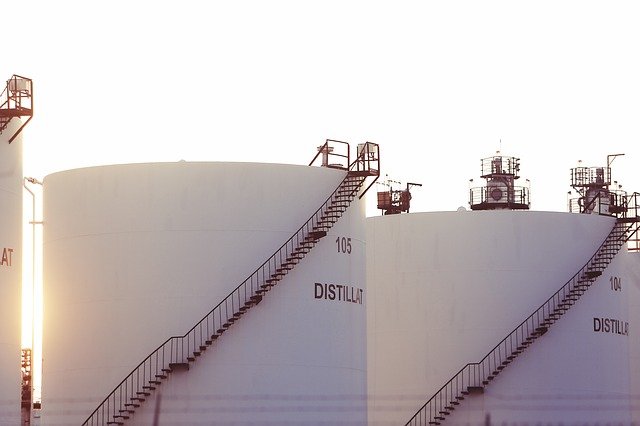- Home
- Machines & Maintenance
- What You Need To Know About Commercial Oil Tanks

What You Need To Know About Commercial Oil Tanks
If your business is looking to move to a new building, there are several factors that are essential to consider before you sign on the dotted line. One of these considerations is the presence of a commercial oil tank. Having one of these tanks on your property could have significant ramifications, so you may wish to consider a few bits of information about them.
What Are They?
Commercial oil tanks are large underground storage tanks that hold oil to be used by a nearby business. This oil acts as an energy source that is used for heating and other power needs. These tanks are declining in popularity because using gas as a fuel source is usually much more energy-efficient. It is important to know whether your property has one of these tanks and where it is located.
Is It Necessary To Remove Them?
If your business’s lot contains a commercial oil tank, you can respond in two ways. First, you could choose to leave the tank in the ground. If you do this, you will be responsible for maintaining the tank to be sure that it does not begin to break down and leak oil. Such leaks can present a major environmental hazard.
Your second option is to take the tank out of the ground. If you decide to go this route, you will need to look into commercial oil tank removal Ulster County NY. Getting rid of the underground storage tank on your company’s property has many advantages. For one, removal is a one-time cost whereas maintenance is an ongoing expenditure. Further, your property may be of more value should you choose to sell it in the future.
Do They Present Any Legal Concerns?
Another significant reason you may wish to remove your commercial oil tank is that this will prevent your business from running into any legal issues. The Environmental Protection Agency (EPA) lays out various laws and regulations surrounding the maintenance of underground storage tanks. Thus, it is risky to simply ignore a tank located on your property. If your tank is responsible for water or soil pollution, your business could face fines or other forms of legal action.
An additional point to consider is that you will need to inform your insurance company of whether or not you have a commercial oil tank. Be advised that you may have to pay steeper than normal insurance rates due to the various risks they present.
If your company’s new building uses a commercial oil tank, be sure to consider all of your options. With all of the facts in mind, you can make the best decision for your business in this new phase of its growth.



